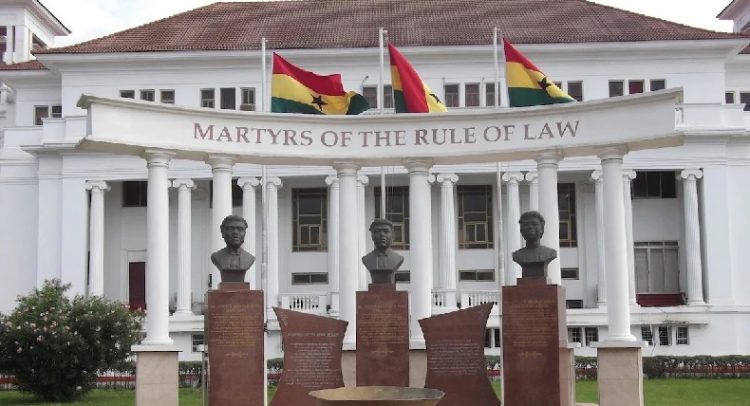The Supreme Court has, in a unanimous decision, declared that the law prohibiting a person from having unnatural carnal knowledge with another person is constitutional.
A five-member panel of the court presided over by Justice Paul Baffoe-Bonnie yesterday dismissed a writ filed by Dr. Prince Obiri-Korang, a lecturer at the University of Ghana Law School, challenging the constitutionality of the law banning unnatural carnal knowledge, including anal sex.
The plaintiff had argued that Section 104 (1) (b) of the Criminal Offences Act, 1960 (Act 29) breached certain Articles of the 1992 Constitution, hence should be declared unconstitutional.
Section 104 of Act 29 defines unnatural carnal knowledge as sexual intercourse with a person in an unnatural manner or, with an animal.
It states that a person who has unnatural carnal knowledge
(b) of another person of not less than sixteen years of age with the consent of that other person commits a misdemeanour.
Dr. Obiri-Korang specifically pleaded that the law sinned against Article 18(2) of the Constitution, which guarantees privacy and Article 17(2) which guarantees a right against discrimination.
He had also argued in his writ that Section 104(1)(b) of Act 29 was unconstitutional since it breaches the protection of personal liberties guaranteed under Article 14(1).
But the Supreme Court, presided over by Justice Paul Baffoe-Bonnie and assisted by Justices Avril Lovelace Johnson, Amadu Tanko, Yonny Kulendi, Ernest Gaewu and Adjei-Frimpong, disagreed with the plaintiff and held that the law was conditional, hence dismissed the writ.
BY Gibril Abdul Razak


